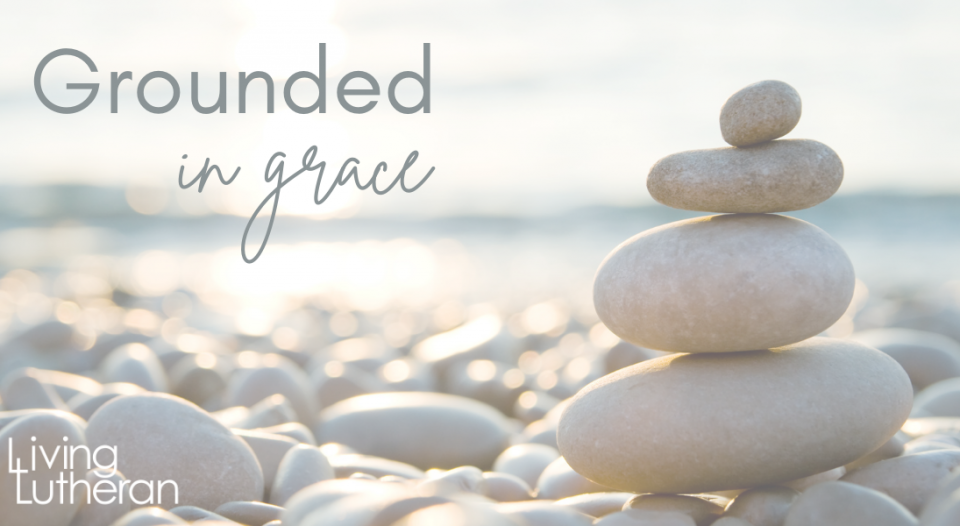Siblings in the faith, I have a confession to make. I have no sense of direction. Zero. I can get lost anytime, anywhere. During my teenage years, my father promised me I would grow out of being directionally challenged eventually. But decades later, after living in several cities, driving in dozens of states and traveling to many countries, I have been lost all over the globe. I guess it’s a gift that keeps on giving.
Consequently, I rely on GPS religiously. I follow exactly the driving directions spoken by my cellphone’s little voice, regardless of whether they seem logical. Even when I can see my destination, I cling to that disembodied voice until I’m confident I’ve arrived at the correct location.
Years ago, I began trying to practice something called self-care, which included a focus on my mental health. After a conscientious search I found a wonderful therapist, but unfortunately her office was 40 minutes from my home.
I faithfully followed the GPS driving directions. During my first couple of trips, I noticed that Good Hope Road was two exits before my official GPS-designated exit. “Wow, that’s exactly what I need—hope,” I thought. “One day I’m going to get up the nerve to defy that little cellphone voice and choose Good Hope Road.” Eventually, I did just that.
On an especially stressful day, I chose to exit on Good Hope Road. GPS repeatedly tried to redirect me by urging, “Make a U-turn ahead” or “Proceed to route.” My trip took longer than usual, but I actually felt more hopeful. It was definitely one for the “win” column.
A lighthearted story about a highway exit may not seem connected to spiritual growth, but I look back on this experience as a time when I challenged myself to move far beyond my comfort zone. (I feel my palms begin to perspire just thinking about it!) I’m well aware that Good Hope Road is no more spiritual than any other exit on any other interstate. But on that particular day, when I was feeling rather hopeless, a detour down a road called Hope seemed like a faithful response to misery.
Hope is active, fluid, breathing and indestructible. Hope appears in our lives in abundant ways. Sometimes hope is bold and daring like Shiphrah and Puah, the Hebrew midwives who defied Pharaoh’s genocidal orders and risked their own safety to deliver God’s children, impacting the course of history (Exodus 1:15-22).
There’s also the quiet hope we whisper under our breath, after every ounce of patience has evaporated under the scorching heat of unrelenting stress. And the indomitable hope that emerges despite the desperation and despair that may surround us. And the hallelujah hope that grounds us.
It is Jesus, our high priest, who promises to be our hope, our “sure and steadfast anchor” (Hebrews 6:19-20). Particularly in times of heartbreak, hope may appear translucent, transparent, as if it weren’t there. Whether we perceive it or not, hope encompasses us like life-giving oxygen. Be encouraged, siblings of the faith, because invisible hope is no less invincible.
I am mindful of David, who practiced self-care long before it was a “thing.” He and the people in his community had experienced deep trauma and expressed profound lamentation. They “raised their voices and wept, until they had no more strength to weep. … David was in great danger …. But David strengthened himself in the Lord his God” (1 Samuel 30:4, 6). Hope is dynamic and enduring, allowing us to encourage ourselves in times of tragedy and uncertainty.
We have no idea what God hopes for us—literally. “No eye has seen, nor ear heard, nor the human heart conceived, what God has prepared for those who love [God]” (1 Corinthians 2:9). God’s hopes for humanity and for creation are completely indescribable.
But this we do know: ultimately our hope is in Christ. Jesus is our hallelujah hope, and as people of faith, hope is our oxygen. Inhale deeply.





